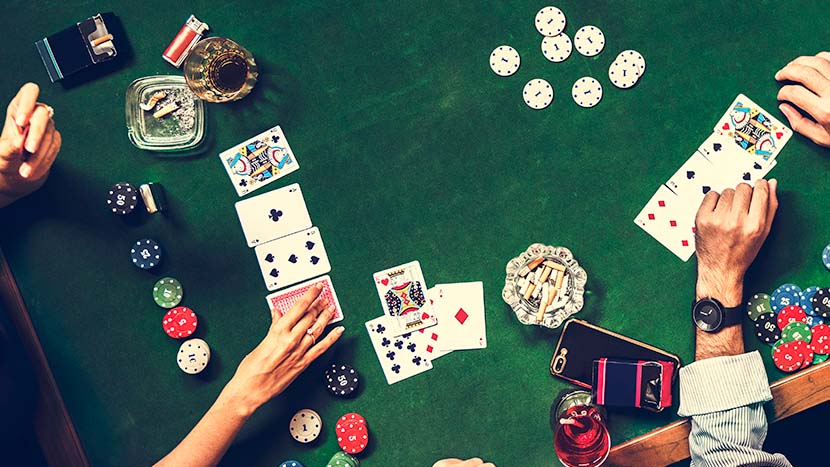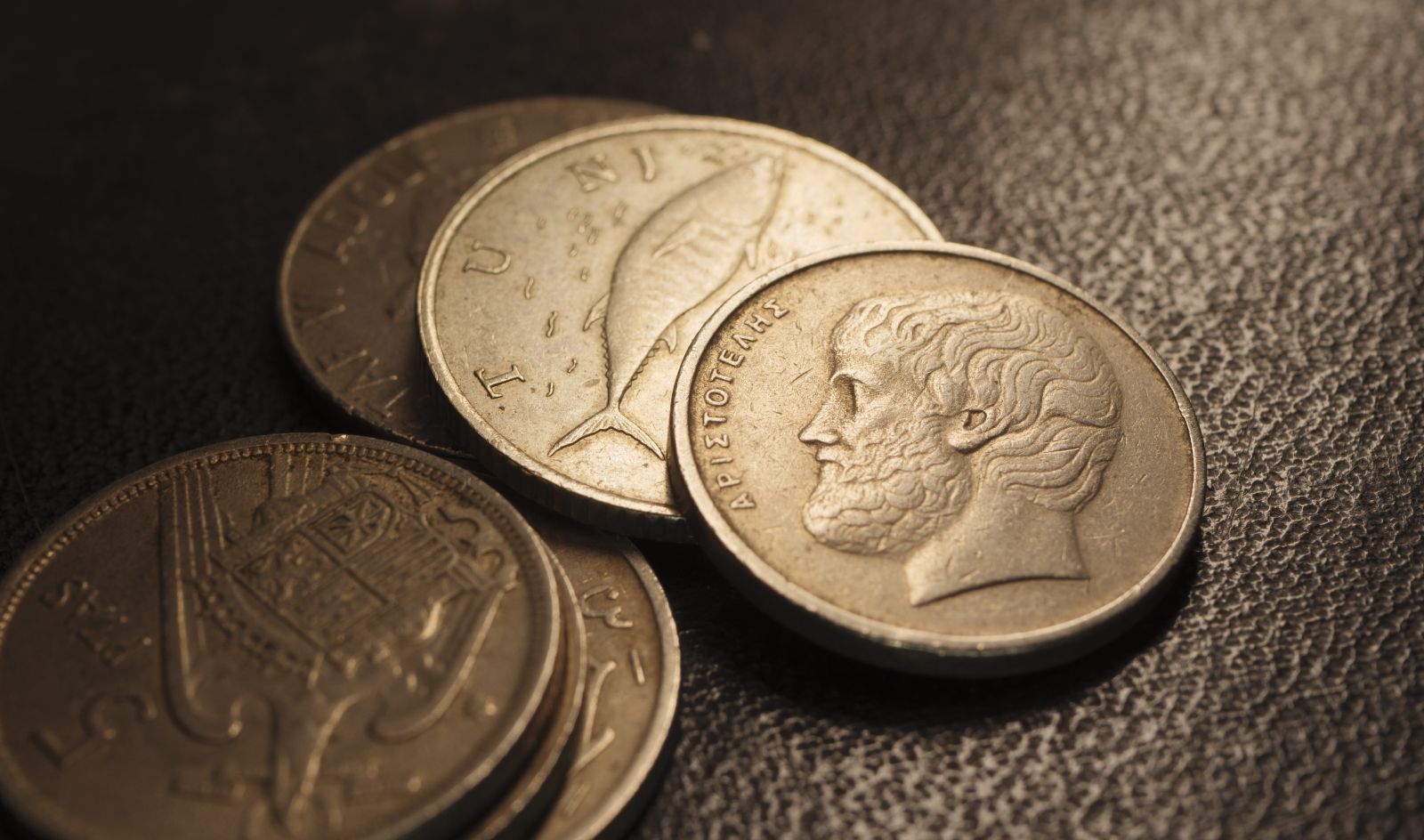
What Happens In The Brain Of A Gambler?
Gambling is a complex behavior that involves a variety of psychological and physiological processes. One of the most interesting aspects of gambling is the way it affects the brain. In this article, we will explore what happens in the brain of a gambler, including the neurotransmitters and brain regions involved in the gambling experience.
Table of Contents
The Role of Neurotransmitters
Neurotransmitters are chemical messengers in the brain that play a crucial role in the communication between neurons, the basic units of the nervous system. There are several different types of neurotransmitters, and each has a unique function in the body.
Here are some of the key roles of neurotransmitters:
Dopamine
Dopamine is a neurotransmitter that is involved in the brain’s reward system. When we experience something pleasurable, such as winning a bet, 토토사이트 추천 is released in the brain, creating feelings of pleasure and satisfaction. In the context of gambling, dopamine release is thought to be a key factor in the reinforcement of gambling behavior. Winning a bet can create a rush of dopamine in the brain, which motivates the gambler to continue playing.
Serotonin
Serotonin is a neurotransmitter that is involved in regulating mood and anxiety. Low levels of serotonin have been associated with impulsivity and risky behavior, including gambling. In some cases, gambling behavior may be a way for individuals to temporarily boost their serotonin levels and improve their mood.
Norepinephrine
Norepinephrine is a neurotransmitter that is involved in the brain’s stress response. In the context of gambling, norepinephrine release may be involved in the excitement and anticipation that gamblers experience while waiting for the outcome of a bet.

Brain Regions Involved in Gambling
Several brain regions are involved in the gambling experience, including the prefrontal cortex, amygdala, and striatum.
Prefrontal Cortex
The prefrontal cortex is involved in decision-making and impulse control. In the context of gambling, the prefrontal cortex plays a crucial role in evaluating the potential outcomes of a bet and weighing the risks and rewards of the decision. Individuals with a weaker prefrontal cortex may be more susceptible to impulsive gambling behavior.
Amygdala
The amygdala is involved in emotional processing, particularly fear and anxiety. In the context of gambling, the amygdala may play a role in the emotional response to winning or losing a bet. For some individuals, the emotional rush of gambling may be a primary motivator for continued play.
Striatum
The striatum is involved in the 토토사이트 추천 reward system and plays a key role in addiction. In the context of gambling, the striatum is activated when a gambler wins a bet, releasing dopamine and creating feelings of pleasure and satisfaction. Over time, this dopamine release can create a cycle of reward-seeking behavior that can lead to addiction.
The Impact of Problem Gambling
While gambling can be a fun and enjoyable activity for many people, it can also have serious negative consequences for individuals who struggle with problem gambling. Problem gambling is characterized by persistent and recurrent gambling behavior that disrupts an individual’s personal, social, or vocational life. In addition to the financial consequences of problem gambling, individuals may also experience psychological and physical health problems, including depression, anxiety, and substance abuse.
Conclusion
Gambling is a complex behavior that involves a variety of psychological and physiological processes. The release of neurotransmitters like dopamine, serotonin, and norepinephrine, as well as the activation of brain regions like the prefrontal cortex, amygdala, and striatum, are all involved in the gambling experience. While gambling can be a fun and enjoyable activity for many people, it can also have serious negative consequences for individuals who struggle with problem gambling. Understanding the brain processes involved in gambling can help researchers develop new treatments and interventions for problem gambling.



